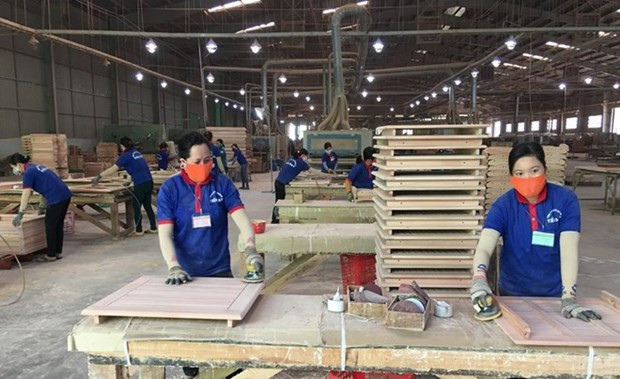
According to the Department of Forestry, the fundamental reason of the last year's fall is that consumers reduced their spending on non-essential items such as wood and wood products to deal with rising prices caused by geopolitical crises.
In addition, several businesses saw value-added tax refunds delayed, making it harder for them to raise finance for manufacturing, while some wood processing companies had to reduce the scope of their output and exports.
However, the opportunity to expand and develop market share is extensive with the world’s furniture market being estimated at 405 billion USD a year; import demand for wood and wood products is 230 billion USD, while Vietnam's export turnover of these products accounts for just over 6%.
Free trade agreements (FTAs) to which Vietnam is a signatory remain a leverage for the industry to go far, according to experts.
In the first two months of this year, the export value of the sector reached 2.68 billion USD, up 47.4% over the same period in 2023; and the import value, 355 million USD, up 31%.
To meet the aforementioned export targets, the sector is enhancing its efforts and developing essential solutions in technological innovation, raw material utilisation, production, and product distribution./.VNA